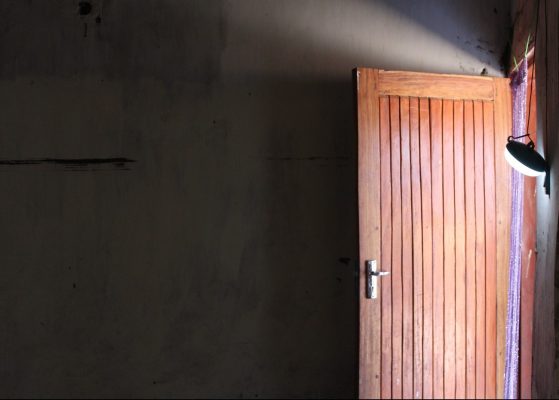Yellow, an asset financier for solar energy and digital devices in Africa, has raised $14 million series B funding in a round led by Convergence Partners with participation from the Energy Entrepreneurs Growth Fund, managed by Triple Jump, in addition to follow-on investment from Platform Investment Partners.
Yellow was founded and launched in Malawi in 2018 by Mike Heyink and Maya Stewart, to initially bring solar energy to the country, which is among those with the lowest access to electricity in the world. It has since grown its footprint across Africa and increased its product offering to include electronics like smartphones.
Following the new funding, Yellow plans to deepen its reach in its current markets Malawi, Rwanda, Uganda, Zambia and Madagascar, launch digital and financial products in the near-term, and prepare for future debt funding rounds to ramp up its growth. The new round brings total debt and equity funding raised by Yellow to $45 million.
“The newly injected capital is being used to leverage more debt finance to reach more customers with financed smartphones and solar systems. While the business will broaden its product offering to include other mobile financial services, growth will be fueled primarily by deepening our expertise in our existing product categories,” said Yellow founder and CEO, Heyink.
Yellow claims to be profitable having recorded a compound annual growth rate (CAGR) of 265% over the last four-year period. The startup says its network of 1,100 agents, who source and make applications for the asset finance on behalf of customers through its proprietary Ofeefee app, have enabled it to penetrate and reach over 400,000 customers in its five markets.
The startup’s small home solar system, comprising a 6W-10W panel, 20-50Wh battery, 4 lights, cellphone charger and radio, remains its most popular product. It also sells solar systems with bigger capacities, and smartphones.
For the small and large solar home systems, users pay a deposit of $10 and $68, respectively, and remit the balance through monthly payments spread over six and 24 months.
“It’s incredibly exciting to see the early stages of sustained growth in Africa. The team at Yellow is thrilled to be on the multi-decade journey with the African consumer, to a better life. We have a front-row seat to witness millions of people prospering as a result of joining the digital global economy for the first time,” said Heyink.
Yellow is among the asset financiers that have attracted VC funding this year indicating a sustained appetite for deals in startups making solar energy accessible, following last year’s trend that saw clean tech emerge as the second most-funded sector after fintech. Clean techs attracted $863M in equity or 18% of the total funding raised by African startups, according to 2022 Partech Africa report.
Overall, in the last 10 years startups in Africa’s off-grid solar sector have attracted over $2.3 billion in funding, according to the biennial Gogla-World Bank report released in October last year.
Commenting on the Yellow investment, Convergence Partner CEO, Brandon Doyle, said, “we are excited to be backing the Yellow team. We have been tracking the off-grid solar power asset finance space for many years but have failed to find a business model and team that we felt we could back until now.”
“Yellow’s offering also sits well with our promise to our investors of strong investment returns married with solid social development impact; in this case by tackling the triple challenge of financial inclusion, green energy distribution, and broadband penetration, and doing so profitably while servicing the unbanked communities of the lowest income countries of Africa,” said Doyle.
Asset financiers like Yellow, Sun King and M-Kopa operate pay-go models that offer asset-based financing (pay-to-own) for solar kits and lanterns, products that are hugely popular in Sub-Saharan Africa, where millions of people are off-grid, as national power grids remain underdeveloped. It is estimated that sub-Saharan Africa accounts for 75% of the world’s population without access to electricity.
These companies, some of which offer financing for other assets, have also been quick to add new revenue streams, and to tap debt-financing to further tap and increase their clientele base.
